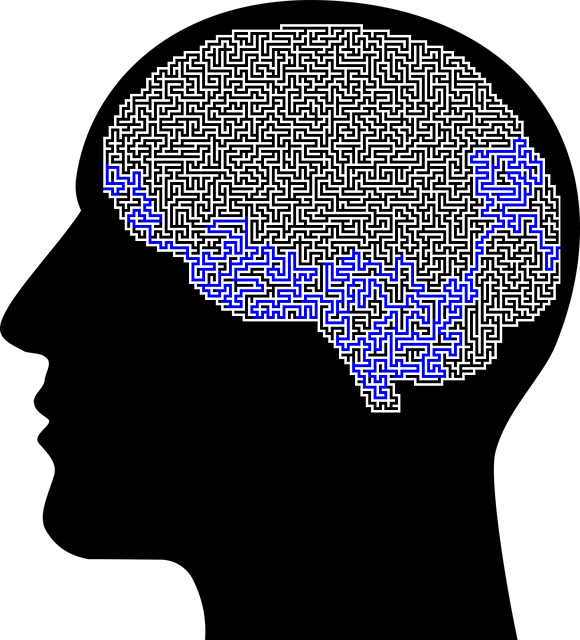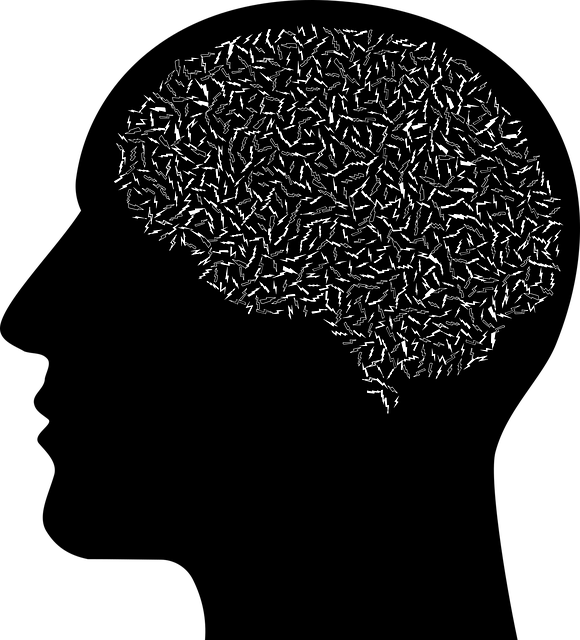Effective collection and analysis of mental health data during Therapy for Adults ADD-ADHD Evaluations is crucial for accurate diagnosis and personalized treatment. Structured interviews, standardized questionnaires, and observational assessments conducted by qualified professionals gather comprehensive information about symptoms like hyperactivity, impulsivity, and concentration difficulties. Advanced statistical methods and digital technology enable thorough data analysis, guiding tailored therapy plans and improving outcomes for individuals with ADD-ADHD. This data-driven approach enhances quality of life and fosters a more supportive environment through targeted interventions and public awareness campaigns.
Mental health data analysis plays a pivotal role in improving therapy outcomes for adults with Attention Deficit Disorder (ADD) and Attention Deficit Hyperactivity Disorder (ADHD). Effective collection and interpretation of this data are essential steps in the evaluation process. This article explores these critical aspects, from understanding the unique challenges of collecting mental health data specific to ADD-ADHD evaluations to delving into powerful techniques and tools for insightful interpretation. We also discuss how advanced analysis can enhance therapeutic interventions tailored to adults with these conditions.
- Understanding Mental Health Data Collection for Adult ADD-ADHD Evaluations
- Techniques and Tools for Interpreting Mental Health Data
- Applying Analysis to Enhance Therapy Outcomes for ADD-ADHD in Adults
Understanding Mental Health Data Collection for Adult ADD-ADHD Evaluations

Understanding Mental Health Data Collection for Adult ADD-ADHD Evaluations is a critical step in ensuring effective therapy and support for individuals dealing with Attention Deficit Disorder (ADD) or Attention Deficit Hyperactivity Disorder (ADHD). The process involves gathering comprehensive data to accurately diagnose and assess the severity of symptoms, which can include hyperactivity, impulsivity, difficulty concentrating, and organizing tasks. This data collection often includes structured interviews, standardized questionnaires, and observational assessments conducted by qualified mental health professionals.
By employing these methods, therapists gain valuable insights into an adult’s emotional healing processes, particularly when combined with compassion cultivation practices. The data collected helps to identify patterns of behavior and thoughts that may be contributing to the individual’s experiences with ADD-ADHD. Moreover, it facilitates personalized therapy plans that can include Trauma Support Services, catering to the unique needs of each patient, ultimately enhancing their quality of life.
Techniques and Tools for Interpreting Mental Health Data

In the realm of mental health data analysis, various techniques and tools empower professionals to interpret and gain profound insights from patient information. One key approach involves utilizing advanced statistical methods to identify patterns and trends within the data. This enables researchers and practitioners to make informed decisions about treatment strategies, such as personalized therapy for adults with ADD-ADHD evaluations. By applying these statistical tools, they can assess the effectiveness of different interventions, leading to more tailored and successful outcomes.
Moreover, integrating technology has revolutionized mental health assessment. Digital platforms offer a range of applications, from online surveys and self-assessment questionnaires to advanced artificial intelligence algorithms. These tools facilitate the collection and analysis of large datasets, making it possible to study broader populations and diverse cultural contexts. For instance, conflict resolution techniques can be evaluated through digital interventions, while monitoring anxiety relief and emotional intelligence becomes more accessible with customizable digital platforms.
Applying Analysis to Enhance Therapy Outcomes for ADD-ADHD in Adults

Mental health data analysis plays a pivotal role in enhancing therapy outcomes for adults with Attention Deficit Disorder (ADD) and Attention Deficit Hyperactivity Disorder (ADHD). By applying robust analytical methods to evalute various aspects of an individual’s life, therapists can gain profound insights into the unique challenges faced by each patient. This data-driven approach enables more personalized treatment plans that target specific areas of struggle, such as time management, organization, and emotional regulation.
Through detailed analysis, therapists can identify patterns and triggers contributing to ADD/ADHD symptoms, facilitating the development of tailored strategies for inner strength building. Public awareness campaigns and effective communication strategies, bolstered by data insights, also contribute to a more supportive environment for adults with these conditions. Ultimately, leveraging mental health data analysis empowers both patients and therapists, paving the way for improved quality of life and greater success in therapy.
Mental health data analysis plays a pivotal role in enhancing therapy outcomes for adults with ADD-ADHD evaluations. By understanding the intricacies of data collection and employing robust techniques, professionals can gain valuable insights to tailor effective treatment plans. The right tools enable a comprehensive interpretation of mental health data, ensuring that each individual receives personalized care. Through this approach, we can significantly improve the lives of those managing these conditions, offering them better support and more successful therapy experiences.












